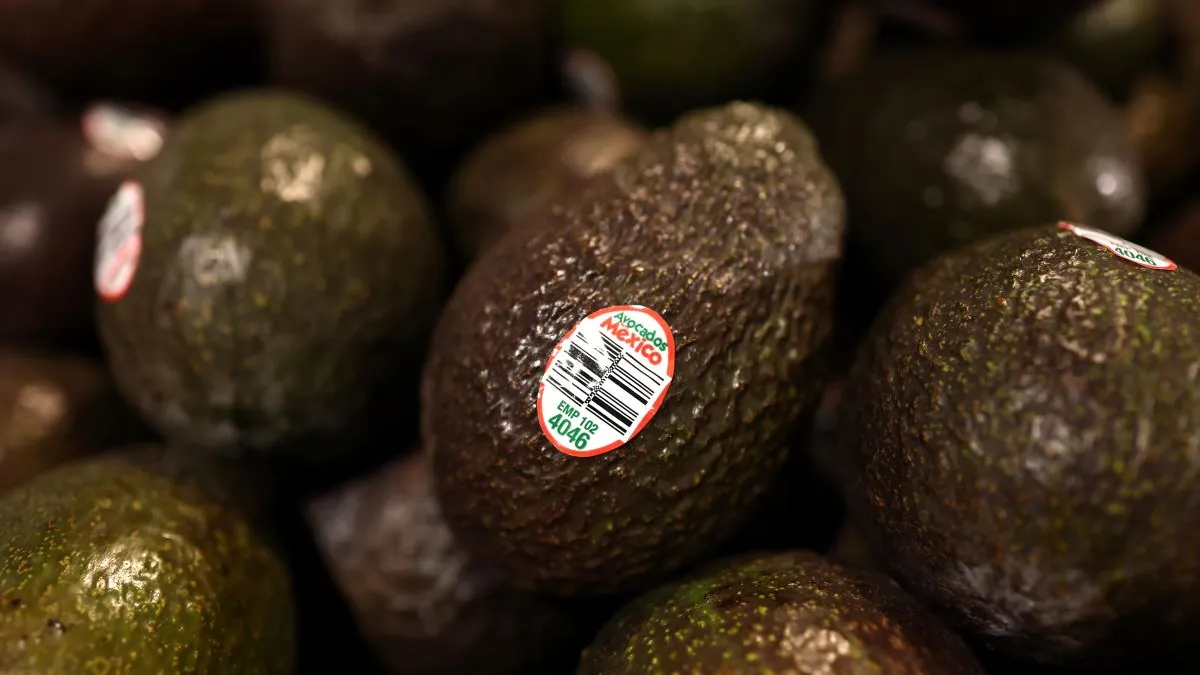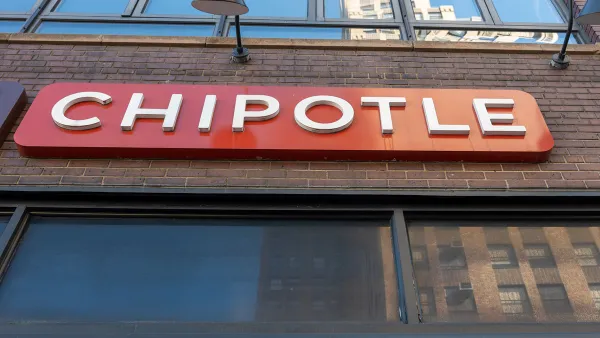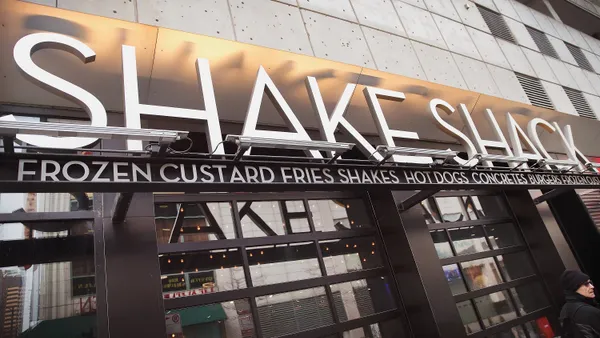Dive Brief:
- One-third of independent restaurants expect sales declines if the United States imposes substantial tariffs on goods from China, Canada and Mexico, according to an Alignable survey of over 3,700 small business owners.
- Comparatively, 30% of all small business owners said they expect sales to decrease following tariffs. Another 40% expect no impact to sales.
- The National Restaurant Association previously said it’s taking a wait-and-see approach to potential tariffs, which are currently delayed on Mexican and Canadian goods due to negotiations. Restaurant owners are evaluating how they might be impacted and are preparing to manage pricing pressures, gather key ingredients and adjust menus if needed, the organization said.
Dive Insight:
If tariffs do go into effect, restaurant operators could face supply chain problems alongside a current egg shortage. Independent owners and chains that have large breakfast menus are already reacting to significant increases in the price of eggs. Waffle House added a 50-cent-per-egg surcharge on Monday, for example.
Chains are forecasting the impact of tariffs. Chipotle, for example, said the ingredients it sources from Mexico, including some avocados, tomatoes, limes and peppers, account for less than 2% of the value of its sales. Less than 0.5% of its sales comes from Canada and China, CFO Adam Rymer said during a Tuesday earnings call. Tariffs would add 60 basis points to the cost of Chipotle’s sales.
The fast casual brand has been working on diversifying its supply chain with different countries of origin, like Colombia, Peru and the Dominican Republic, CEO Scott Boatwright said. Only half of Chipotle’s avocado supply originates from Mexico. A diversified supply mitigates rather than precludes tariff risks. President Donald Trump threatened to impose tariffs on Colombian exports after Gustavo Petro, the president of that country, objected to the United States deporting Colombian nationals using military planes.
According to a November assessment by the NRA, the top three food and beverage goods imported from Canada include baked goods and pastries; rapeseed, mustard or colza oil; and fresh or chilled beef, which total over $12 billion combined. The biggest imports from Mexico include beer, alcoholic beverages and fresh fruits, totaling over $14 billion. Top imports from China include fish fillets and meats, modified fats and oils and preserved fruits and nuts, totaling over $2 billion. However, the association didn’t break down how much of these goods are purchased by restaurants.
Regardless of the impact of tariffs, both full-service and limited-services restaurants said labor and food costs along with recruiting and retaining employees were among the top challenges they expected to face this year, according to the NRA’s state of the Restaurant Industry 2025 report. The NRA report did not include a specific option for tariffs.














